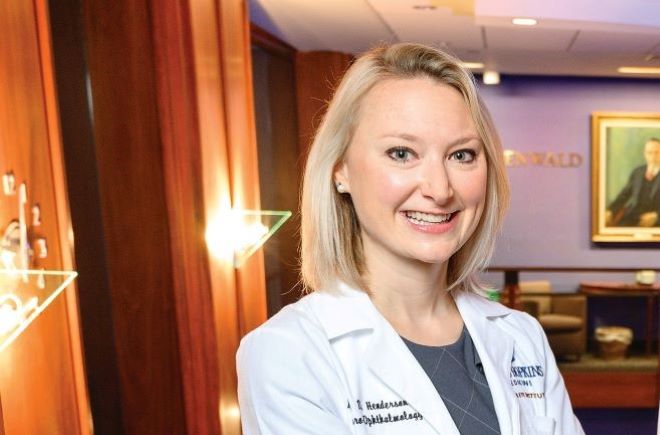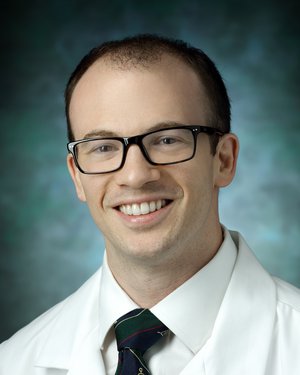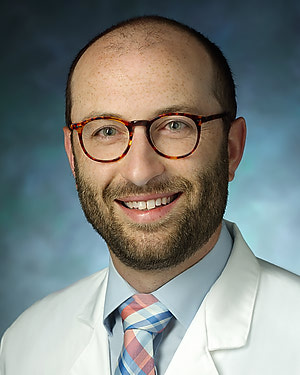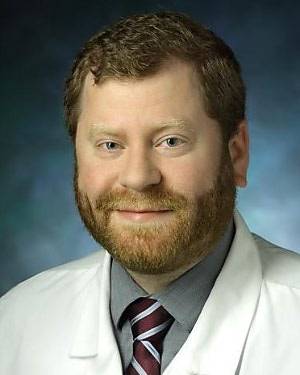-
Amanda Dean Henderson, M.D.
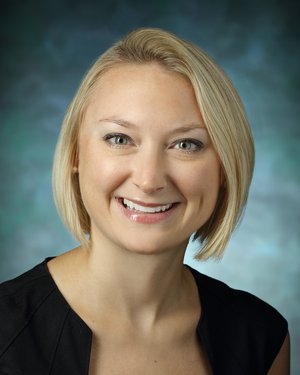
- Chief, Neuro-Ophthalmology Division
- Frank B. Walsh Professor of Neuro-Ophthalmology
- Associate Professor of Ophthalmology
- Associate Professor of Neurology
Neuro-Ophthalmology
The Neuro-Ophthalmology division of the Wilmer Eye Institute specializes in treating patients with blurred vision caused by optic disorders, double vision caused by strokes and brain tumors, defects in the visual fields, and involuntary spasms of the face and eyelids.
We also participate in groundbreaking research, working to apply new findings on neuro-ophthalmological to patient care solutions. Learn more about our research.
Conditions We Treat
Most neuro-ophthalmologic disorders require the interaction of the neuro-ophthalmologist with other physicians, particularly general neurologists, neurosurgeons and radiologists. The experts of the neuro-ophthalmology division at the Johns Hopkins Wilmer Eye Institute treat a variety of conditions including:- Optic nerve disorders, such as optic neuritis, ischemic optic neuropathy, compressive optic neuropathies, Leber optic neuropathy
- Visual field defects related to stroke, brain tumors or multiple sclerosis
- Double vision from ocular motor nerve palsies
- Myasthenia gravis
- Thyroid eye disease
- Orbital tumors
- Blepharospasm and other involuntary facial movements
- Pupillary abnormalities (e.g., anisocoria).
-
Amanda Dean Henderson, M.D.

- Chief, Neuro-Ophthalmology Division
- Frank B. Walsh Professor of Neuro-Ophthalmology
- Associate Professor of Ophthalmology
- Associate Professor of Neurology
-
Kelly Margaret Seidler, O.D.
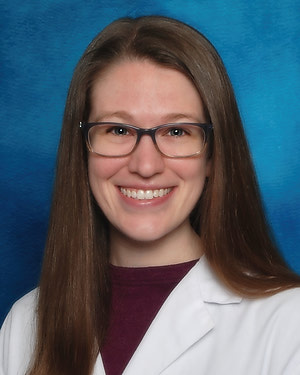
- Clinic Director, Wilmer Eye Institute - Frederick
- Optometrist
- Instructor of Ophthalmology
Research
The Wilmer Eye Institute Neuro-Ophthalmology Division is currently working on the following research projects.:
- Dr. Amanda Henderson and Dr. Neil Miller are involved in translational research investigating potential treatment options for non-arteritic anterior ischemic optic neuropathy in animal models of this condition.
Dr. Henderson is also involved in multiple projects pertaining to medical education, diversity among medical professionals and trainees, “big data” evaluations of neuro-ophthalmic conditions, visual effects of traumatic brain injury, international collaborations on optic neuritis, quality improvement and high value care, and thyroid eye disease.
- Dr. Andrew Carey is involved in and leads multiple research projects related to neuro-ophthalmology. These projects include development and validation of home visual field tests to monitor vision in patients with pituitary adenomas, optimizing treatment for thyroid eye disease (Graves) in patients with double vision and monitoring and evaluating patients with cranial neuropathies due to brain tumors or complications from treatment such as radiation. Additional interests include quality improvement for the care of patients with Idiopathic Intracranial Hypertension.

